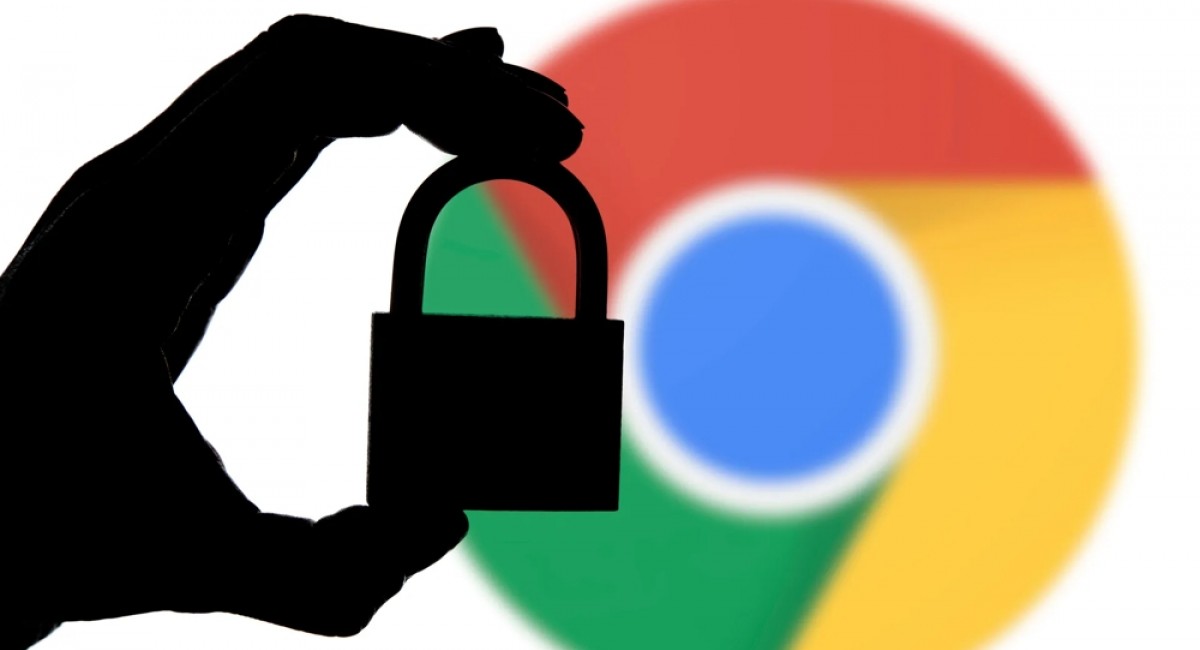SEARCH
Chrome browser might soon hide your IP address for more privacy

SHARE IT
You're probably not the most privacy-conscious person on the internet if you're using the newly updated Google Chrome. Nonetheless, the world's most popular browser is preparing to allow users to mask their IP address from websites without using a VPN.
Google has been working on this IP Protection function in order to reduce cross-site monitoring by identifying users and their activities with their IP addresses. It's a type of covert tracking that might be much more sinister than conventional cookies, because there are few methods to prevent sites from recognizing users' IP addresses and correlating them with their activities. The function would simply generate a proxy IP address, which means that certain sites would not be able to determine who is trawling.
Google senior software engineer Brianna Goldstein blogged on Friday that Google is preparing for its first initial IP protection beta. The service will be opt-in, and it would initially exclusively proxy off domains owned by Google, such as Google.com, Gmail, and Google Ad Services. Google is essentially testing how effectively its IP blockers operate on the company's own sites, which register visitors' IP addresses for cross-site tracking. Furthermore, it will only be available to US-based addresses for users who are logged in to their Google account on Chrome, and only a small number of people will be automatically approved for this first test.
Following this first test, Goldstein noted that the IP Protection will begin using a two-hop proxy, which is effectively a proxy for the initial proxy run by an external network.
The goal here isn't to ban users' IP addresses from every website under the sun, but to restrict them from traffic that is deliberately designed to follow users beyond the terrible cookie. Google says that the feature will not interfere with legitimate processes that rely on IP addresses. If Google keeps testing, the feature will begin routing more third-party domains through the Google proxy.
It's similar to what Apple did with the iCloud Private Relay through Safari. It means that the network provider and Apple have access to users' IP addresses, but it first encrypts the DNS records, and then a third-party network provides a temporary IP address for accessing a site. All of that rerouting can effect how quickly a gadget can connect to a site, and it could also affect Chrome users if Google decides to expand the embryonic feature.
It's intriguing to see Google broadening its privacy options now that it's releasing its so-called Privacy Sandbox, which is designed to pierce the crusty heart of third-party cookies. In 2024, the firm intends to disable cookies. Combined with IP Protection, third-party sites will have far fewer options to track users across multiple sites.
MORE NEWS FOR YOU

 Help & Support
Help & Support 

